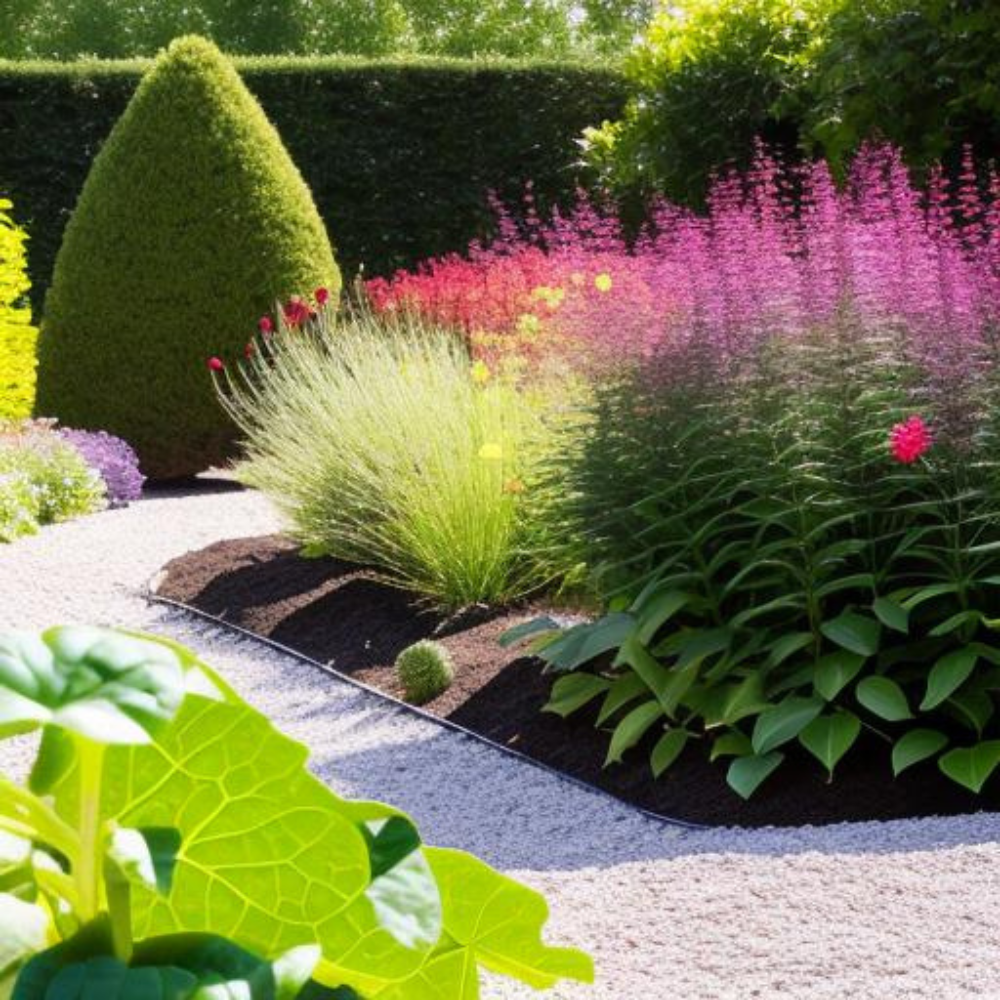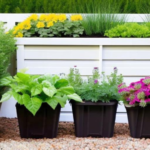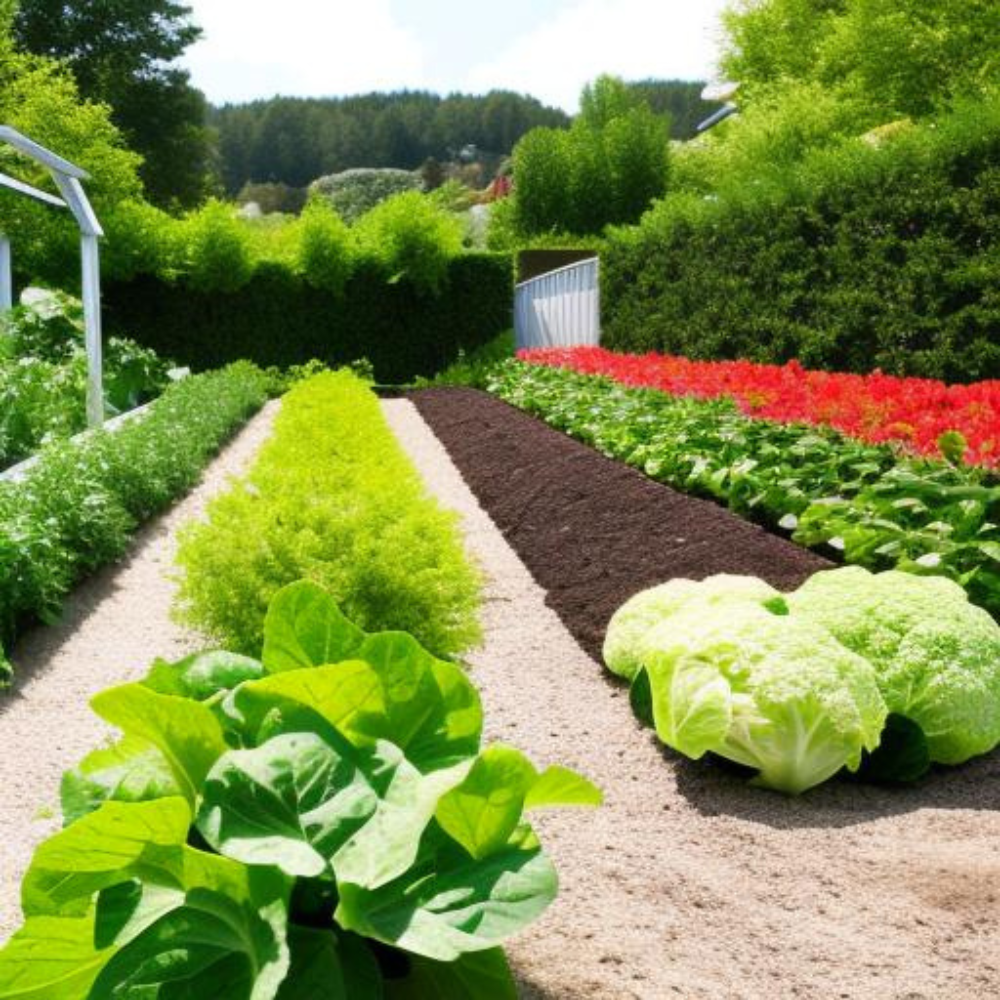Soil is the foundation of any garden, providing plants with the nutrients, water, and support they need to grow and thrive. However, not all soils are created equal, and understanding the science of soil is essential for creating a healthy and productive garden. In this article, we’ll take a closer look at the science of soil and how it impacts your garden.
Soil composition
Soil is composed of mineral particles, organic matter, water, and air. The mineral particles are derived from the breakdown of rocks and are classified by size into sand, silt, and clay. The proportion of each type of particle in the soil determines its texture, which in turn affects its ability to hold water and nutrients.
Organic matter is made up of decaying plant and animal material, and it provides nutrients to the soil as it decomposes. Water and air are essential for plant growth, and the pore spaces in the soil determine how much of each is available.
Soil pH
Soil pH is a measure of the acidity or alkalinity of the soil. It is measured on a scale from 0 to 14, with 7 being neutral. Most plants prefer a slightly acidic soil with a pH between 6 and 7.5. However, some plants, such as blueberries, prefer a more acidic soil, while others, such as lavender, prefer a more alkaline soil.
Nutrients
Plants require a range of nutrients to grow, including nitrogen, phosphorus, potassium, calcium, magnesium, and sulfur. These nutrients are obtained from the soil, and their availability depends on the soil pH, texture, and organic matter content. Nitrogen, phosphorus, and potassium are often referred to as the primary nutrients, and they are required in the largest quantities.
Soil structure
The structure of the soil refers to how the mineral particles, organic matter, water, and air are arranged. A soil with a good structure has plenty of pore spaces for water and air to move through, allowing roots to grow and absorb nutrients. Soil structure can be improved by adding organic matter, which helps to bind the mineral particles together and create larger pore spaces.
Soil testing
Understanding the science of soil is important, but it’s also important to know what type of soil you have in your garden. Soil testing can provide valuable information about the pH, nutrient content, and texture of your soil, allowing you to make informed decisions about how to improve it.
Conclusion
In conclusion, understanding the science of soil is essential for creating a healthy and productive garden. By understanding the composition, pH, nutrients, structure, and testing of your soil, you can make informed decisions about how to improve it and provide your plants with the foundation they need to grow and thrive.





